The $115 million Hulk Hogan received from a Florida jury Friday in his civil lawsuit against Gawker Media has grown even bigger. That first award was $55 million for economic injuries and $60 million for emotional distress, and the jury awarded over $25 million in additional punitive damages Monday, some of which was directly applied to Gawker founder and proprietor Nick Denton and former Gawker editor A.J. Daulerio. CNN’s Tom Kludt has the breakdown:
Punitive damages breakdown in #hulkvsgawk
Gawker: $15 millionDenton: $10 million
Daulerio: $100,000
— Tom Kludt (@TomKludt) March 21, 2016
The award against Daulerio is much lighter, and part of that may be thanks to the judge stating earlier in the day that he has next to no assets, as reported by Anna Phillips of The Tampa Bay Times:
Judge says Nick Denton's net worth is $121 million. AJ Daulerio has nothing but $27,000 in student debt #hulkvsgawk
— Anna Phillips (@annamphillips) March 21, 2016
An important question is if Gawker and Denton actually have the money in question here. Gawker sold a minority stake in the company to Columbus Nova Technology Partners in January partially to raise funds for its defense, but the award amounts we’re talking about here are huge compared to the company’s reported and estimated finances.
Capital New York’s Peter Sterne reported last January that Gawker Media made $6.7 million in profit on $45 million in revenue in 2014, and while that’s not bad, it’s nowhere near the money Hogan has been awarded. While Business Insider’s Alison Shontell estimated last January that Gawker Media was worth $250 million based on that 2014 revenue number, a Gawker attorney said Monday that the company was only worth $83 million, far less than the amount awarded to Hogan. Moreover, Sterne wrote last June that Denton (who reportedly owns just under 50 per cent of the company and controls up to 68 per cent when you include a family trust) told staff he didn’t have the money to personally bail the company out in the event of a big award:
Denton warned staff that the legal battle posed a threat to the company’s fundamental operating principles: its longstanding independence from the demands of venture capitalists and big-media ownership.
“I have way, way less money than people think!” Denton told his staff. “… I don’t have hundreds of millions of dollars to kind of bail the company out. If we are in an environment with higher business risk and higher legal risk, then the company is going to need somebody with deeper pockets and hopefully principles in order to keep it both commercially viable and editorially viable.”
Hogan initially only sought $100 million in damages, so this is a big win for him. However, he may not collect the full value of this award if Gawker can’t come up with that money, and it’s also possible that he may not get anything. Gawker has already indicated they plan to appeal:
Gawker Media statement #hulkvsgawk pic.twitter.com/tO1AV6kfJP
— Anna Phillips (@annamphillips) March 21, 2016
That appeal could work out well for them, too. It would go to the Second District Court of Appeals in Lakeland, Florida, and that court has already ruled in Gawker’s favor on several elements where trial judge Pamela Campbell ruled against them. In particular, it already reversed her decision ordering them to take down the Hogan video, and it also overturned her decision earlier this week to seal documents related to the case. As Kludt wrote Friday, some legal experts think Gawker may win outright on appeal:
The appeals court, based in Lakeland, Florida, has already reversed a number of Campbell’s rulings in the case, most notably her 2013 injunction requiring Gawker to remove the video. Earlier this week, the court overturned Campbell’s previous ruling to seal an enormous number of documents pertaining to the case. Gawker believes those records could well have tilted the trial in its favor, and will bolster its chances on appeal.
Mark Spottswood, an assistant professor at Florida State University’s college of law, said that past rulings from the appeals court suggest Hogan “may still have an uphill battle” to collect the damages.
The court has indicated it’s sympathetic to Gawker’s position that the publication of excerpts from the tape is protected by the First Amendment, due in part to how much Hogan talked about his sex life in public.
For example, the court said in a 2014 opinion that it was “clear” Gawker’s video and accompanying commentary addressed “matters of public concern” due to the controversy surrounding the sex tape, which was partly “exacerbated” by Hogan himself.
Len Niehoff, a professor who specializes in civil procedure at the University of Michigan Law School, said a losing party in Gawker’s position will generally ask for both a stay of judgment and an appeal.
…”I think that Gawker’s central argument has substantial legal appeal, even if a jury doesn’t like it,” Niehoff said.
A big question ahead of the appeal is if Gawker will have to come up with an upfront bond, which could range up to $50 million. Campbell will make that decision. However, her decision on the bond itself can be appealed. From Re/code’s Noah Kulwin:
Denton told the New York Times last summer that Gawker doesn’t keep that kind of cash sitting around, but that doesn’t mean Gawker is totally screwed. If Judge Campbell forces the company to pay $50 million (or a similarly high amount) up front, then the company plans to take its case to the Second District Court of Appeals, which has already reversed some of Campbell’s decisions.
So, while the #HulkvsGawk fight may have gone Hogan’s way for now and could be potentially ruinous for Gawker, it’s not over yet. We’ll see where it goes next.


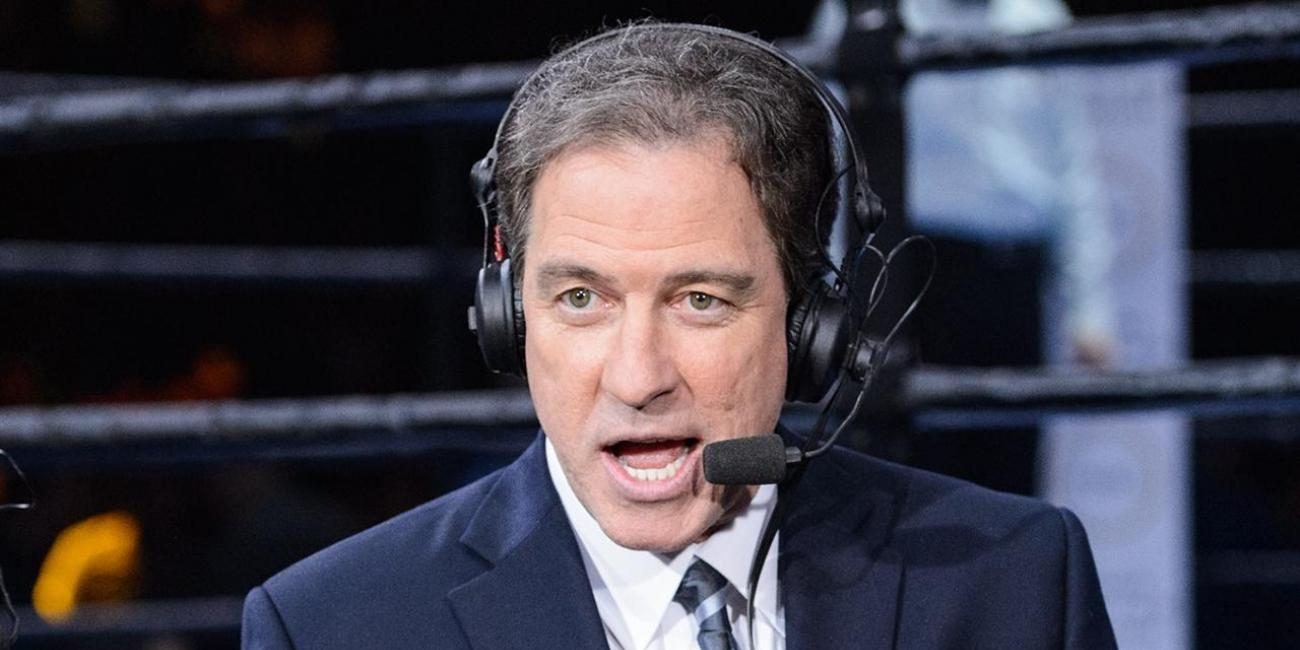
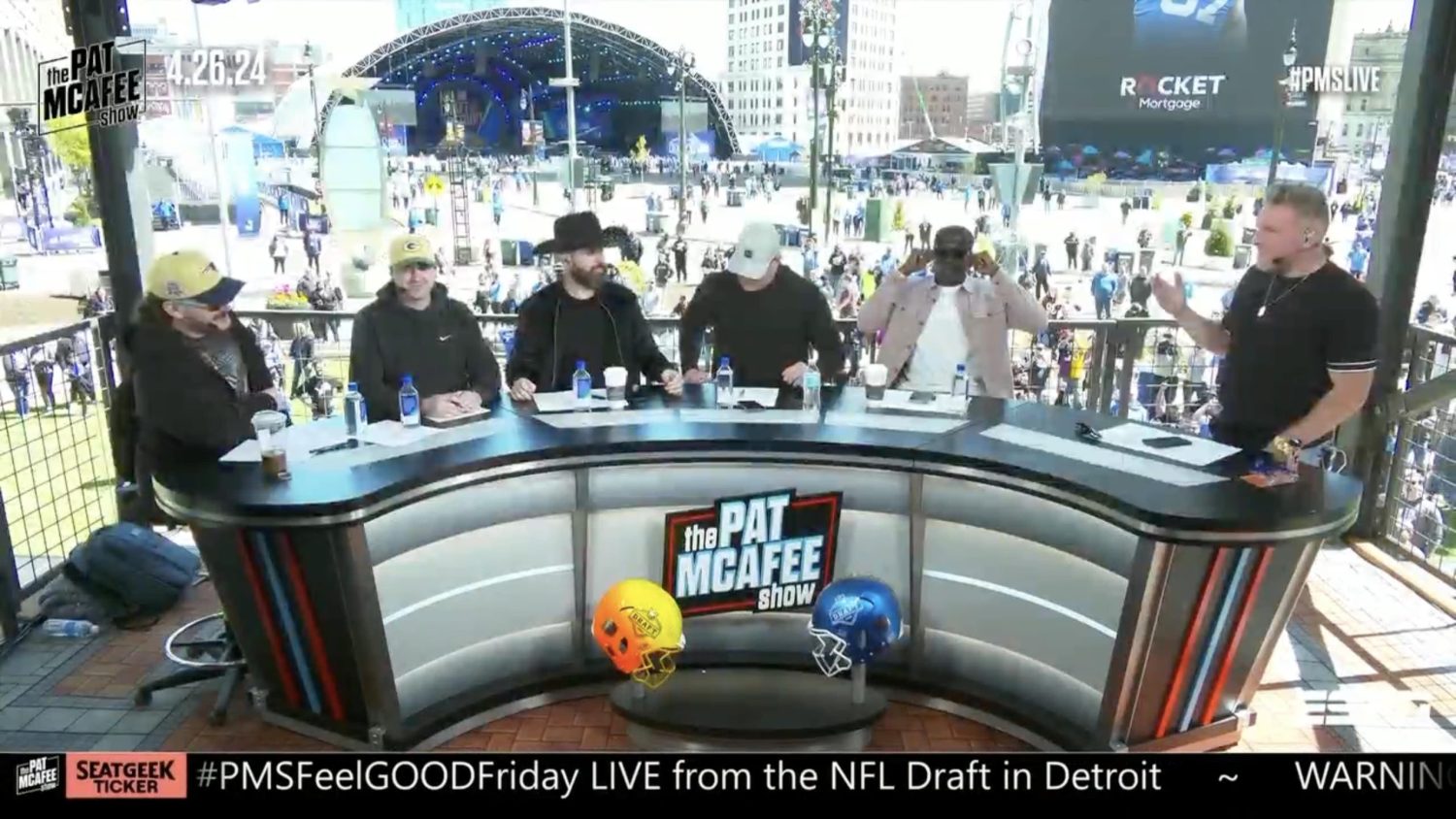
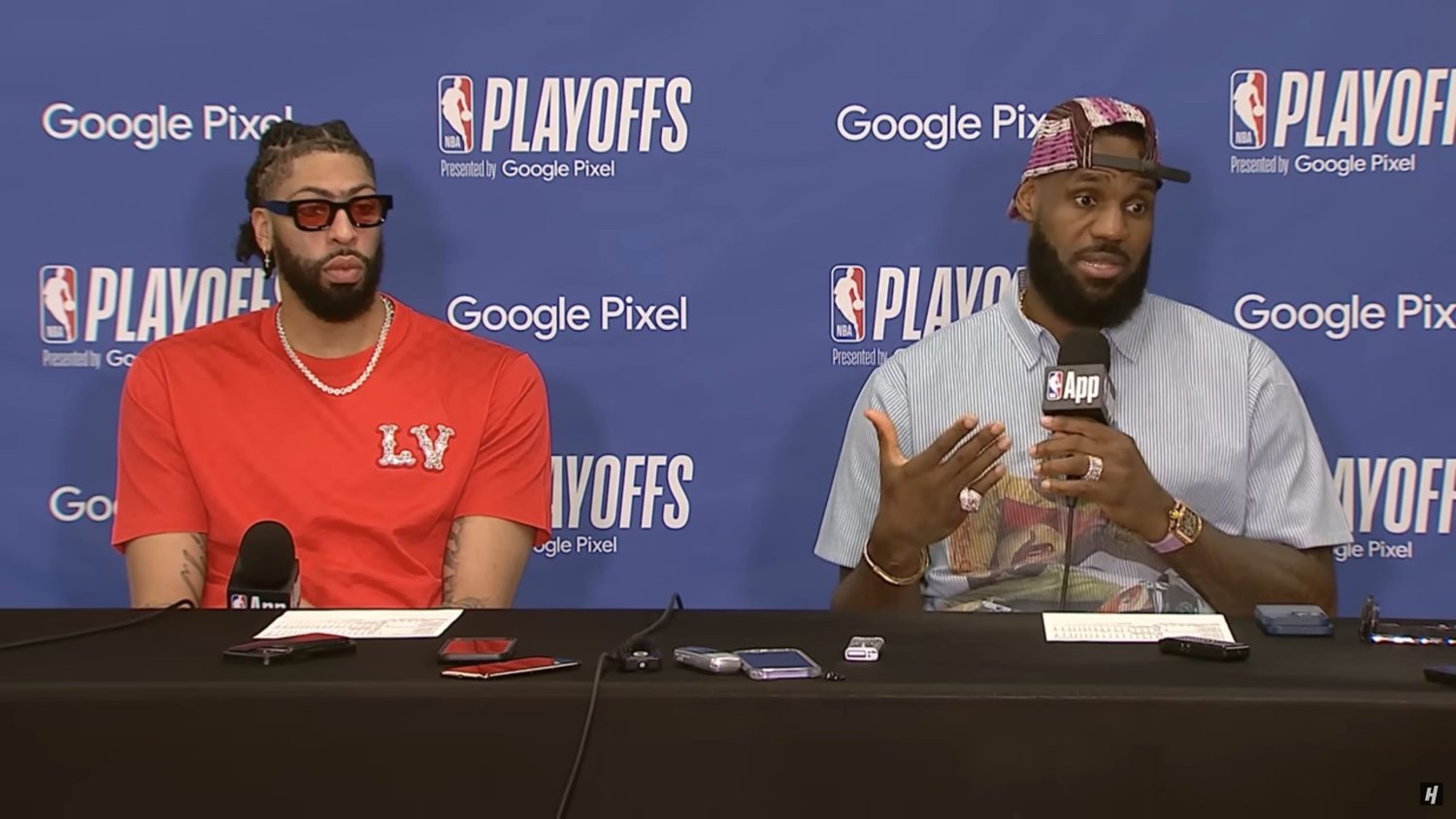
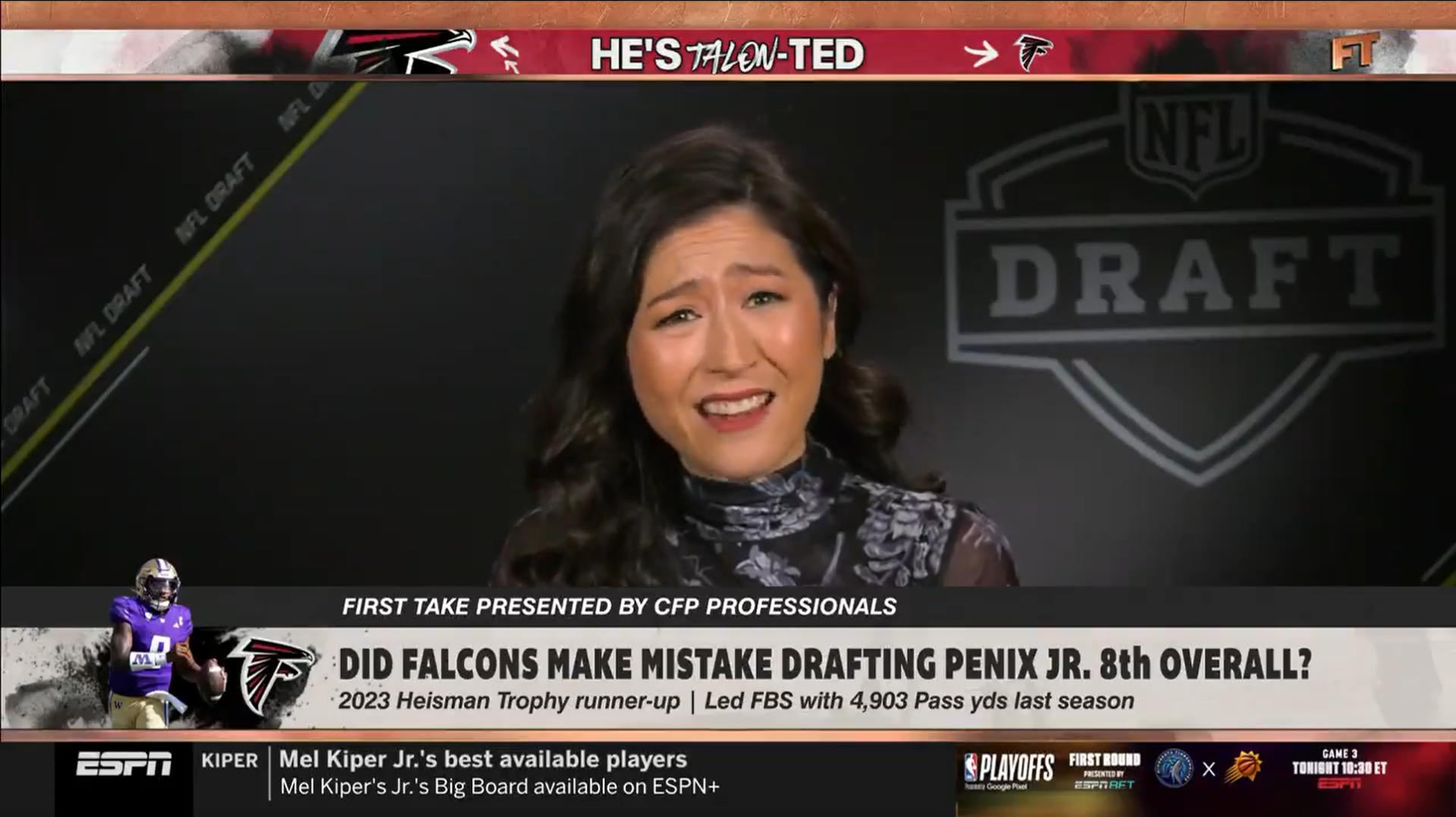
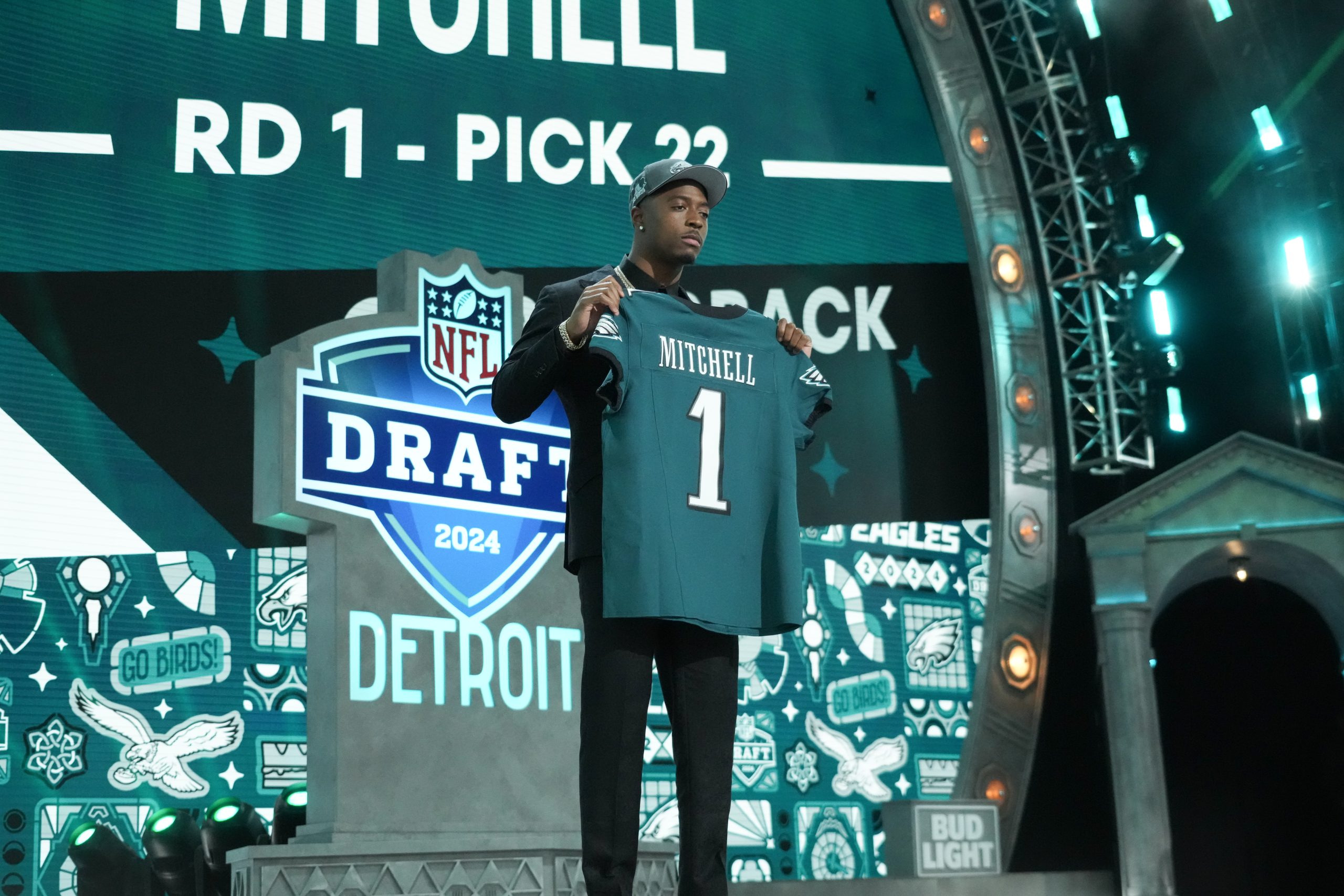

Comments are closed.